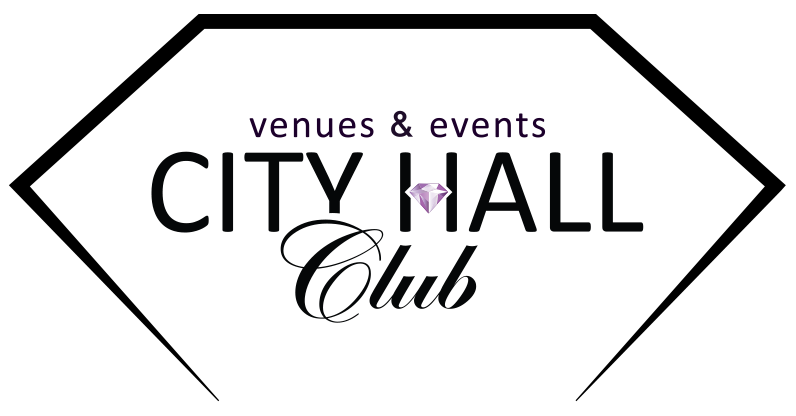It can be about finding a deeper sense of meaning and connection, whether through nature, meditation, yoga, or creative pursuits. However, that does not mean addicts are confronting this spiritual ailment by themselves. While an addict’s spiritual malady triggers a compulsive need to use drugs, other people’s spiritual conflicts may take the form of a gambling problem, anxiety, depression, or eating disorder.
- As Founder and Executive Director of the 501(c)3 nonprofit, Recovered On Purpose, and Managing Partner of Behavioral Health Partners, Adam has helped thousands find freedom from addiction all over the world.
- Spiritual wellness involves developing a purpose in life and having a clear sense of right and wrong.
- One way to think of a Higher Power is simply as a force that is greater than yourself.
- Right now, on this inventory step, all we’re doing is identifying our part in any damaged relationships.
- According to AA, spiritual malady is often fueled by resentments and renders life unmanageable.
How Spiritual Malady Drives Addiction
Someone who is allergic to shellfish will never be affected by it as long as they do not eat shellfish. Yes, the allergy” is still there, but one will never be affected as long as they never take that first drink or drug. This is where the concept of the spiritual malady comes in. Now, the mental obsession is how our minds have been conditioned to crave alcohol and preferred illicit substances.
What is Spiritual Malady?
Moreover, we can use science-based methods such as cognitive behavioral therapy to reframe our cognitive distortions around booze, making it easier to stick to our new alcohol-free lifestyle. The solution to spiritual malady offered by Alcoholics Anonymous is to affect a spiritual awakening – in essence a psychic shift or attitude adjustment. In The Big Book of AA, the 12 steps outlined are a formalized approach to achieving this transformational change.
Cultivating Connections in Recovery: Fellowship and a Higher Power
In the 12-Step Program, integrating a higher power into our lives is a cornerstone of combating addiction. This connection with a power greater than ourselves is not necessarily religious but is about finding a profound spiritual grounding. As highlighted in the Big Book, surmounting this spiritual malady is key to achieving mental and physical recovery from untreated alcoholism.
- If you have found yourself or a loved one suffering from alcoholism or addiction, you are not alone!
- The solution to spiritual malady offered by Alcoholics Anonymous is to affect a spiritual awakening – in essence a psychic shift or attitude adjustment.
- By addressing the spiritual disconnection at the root of our addiction, we can begin to heal and find lasting sobriety.
The 12 Steps of AA are formulated to tackle and rectify spiritual malady, fostering spiritual awakening and recovery. The foundation of the 12-Step Program involves implementing a higher power in our lives, emphasizing the spiritual aspect of addiction recovery. From admitting powerlessness over alcohol to making a moral inventory and admitting wrongs, each step plays a crucial role in spiritual healing. The spiritual model of addiction offers a powerful framework for understanding and treating addiction that goes beyond simply addressing physical dependence or psychological https://javatravelline.com/what-s-a-halfway-house-a-transitional-living/ factors.

Common signs include irritability, restlessness, and a pervasive sense of discontent. These feelings often drive us to seek relief through alcohol, creating a vicious cycle of dependence and escapism. Untreated spiritual malady can lead to a deep sense of dissatisfaction and disconnection, further fueling our addiction. Being spiritually sick means experiencing a persistent void that no external remedy Sober living house can fill.
It’s the “spiritual malady”, as manifested by my EGO (selfishness-self-centeredness), that can eventually lead me back to drinking or sometimes even suicide. Understanding spiritual malady and its impact on recovery is essential for anyone battling addiction. This deep-seated sense of disconnection and unrest drives the cycle of addiction and self-destructive behaviors. By addressing this spiritual disease through connection with a higher power, the 12 Steps, and professional help, individuals can find a path to lasting sobriety and holistic healing. In the lives of many AA members, including an alcoholic’s life, the spiritual malady appears as a profound void—an emptiness we often try to fill with alcohol and other external things.
Addressing the Three-Fold Illness and Other Ways to Heal in Glenwood Springs
These components work together to create a comprehensive approach to recovery that addresses not just the symptoms of addiction, spiritual malady but its underlying causes and the individual’s overall quality of life. What activities or habits have caused harm to my physical health? Many of us say that we have the right to do whatever we want to our own bodies.

- Step 1 in the AA programme is “ We admitted we were powerless over alcohol – that our lives had become unmanageable”.
- I must be God centered instead of self centered and God directed rather than self directed .
- Living by spiritual principles as outlined in the 12 Steps can help alleviate the symptoms of spiritual malady and promote spiritual growth.
- And unless this malady is recognized, and a course of action (the Twelve Steps) is taken to enable God to remove it, the root of our alcoholic illness can lie dormant and burn us when we least expect it.
These therapies can get to the underlying emotional issues that often lead to that first drink or drug. Now, while there are plenty of people who recover without a spiritual practice, many people argue that spirituality must be the cornerstone of our recovery. This is true of many people who recover and heal in Glenwood Springs, Colorado.
